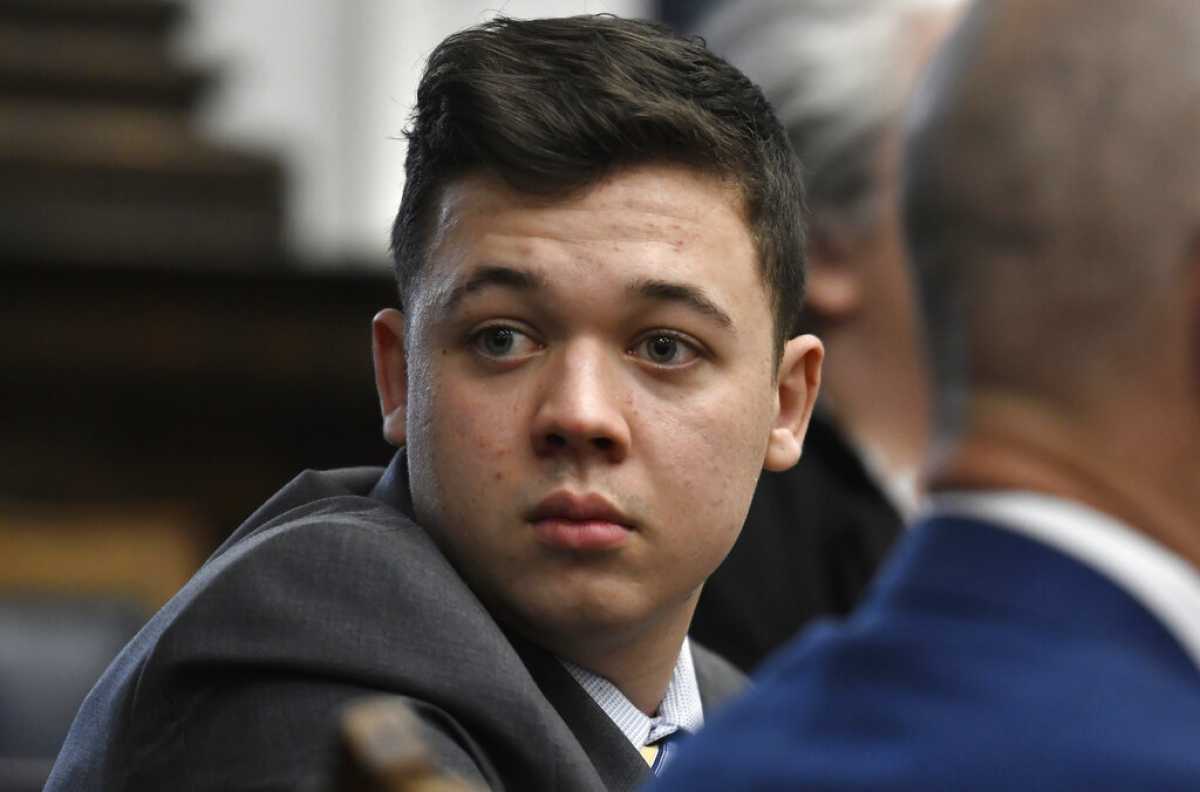News
Kyle Rittenhouse Leaves Stage During University Appearance After Confrontation Over Controversial Comments

Kyle Rittenhouse abruptly departed the stage during his appearance at the University of Memphis after a confrontation with students over comments made by Turning Point USA founder Charlie Kirk. Rittenhouse was invited by the college’s Turning Point USA chapter, sparking backlash from students who objected to his presence.
The 21-year-old gained notoriety in August 2020 for his involvement in a shooting incident in Kenosha, Wisconsin, where Joseph Rosenbaum, Anthony Huber, and Gaige Grosskreutz were shot. Rittenhouse defended himself, claiming it was an act of self-defense during a Black Lives Matter protest held following the shooting of Jacob Blake.
During the event at the University of Memphis, a student confronted Rittenhouse about Charlie Kirk’s past controversial statements, including remarks about Juneteenth, Martin Luther King, affirmative action, and Black pilots. Rittenhouse initially engaged in a dialogue with the student but eventually left the stage amid jeers from the audience.
Rittenhouse later shared his experience at the Tennessee university on X platform, describing it as ‘interesting.’ He also posted a video reaffirming that they left the event before the scheduled end time, contrary to media reports claiming they were booed off stage.
Tennessee-based civil rights activist and former Shelby County Commissioner Tami Sawyer criticized Rittenhouse for leaving the stage, prompting a response from the acquitted defendant. Rittenhouse defended his actions and questioned why Sawyer did not directly engage with him during the event.
Rittenhouse, who recently published a book about his experiences, continues to face legal challenges and public scrutiny following the high-profile trial. His presence at the University of Memphis reignited debates about free speech, controversy, and accountability in public discourse.












